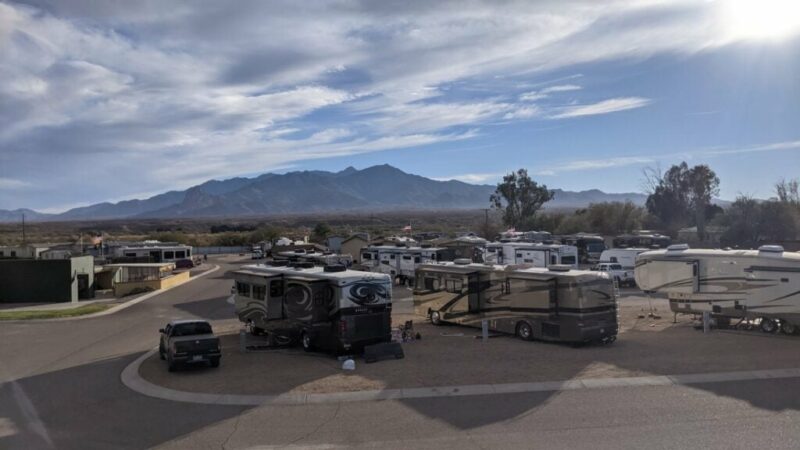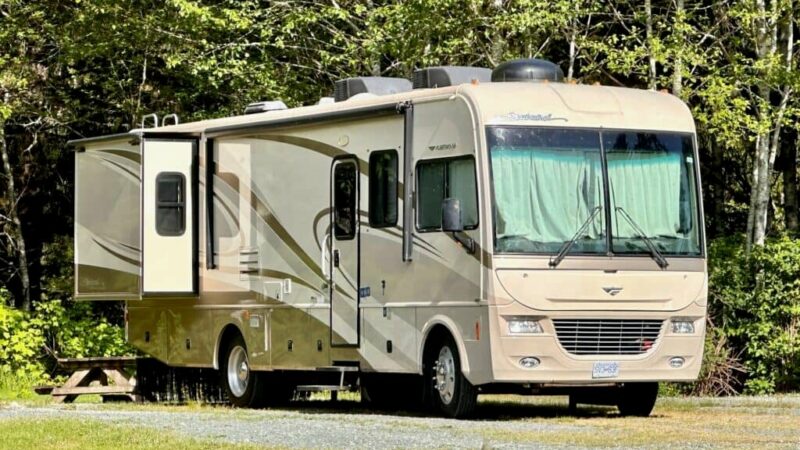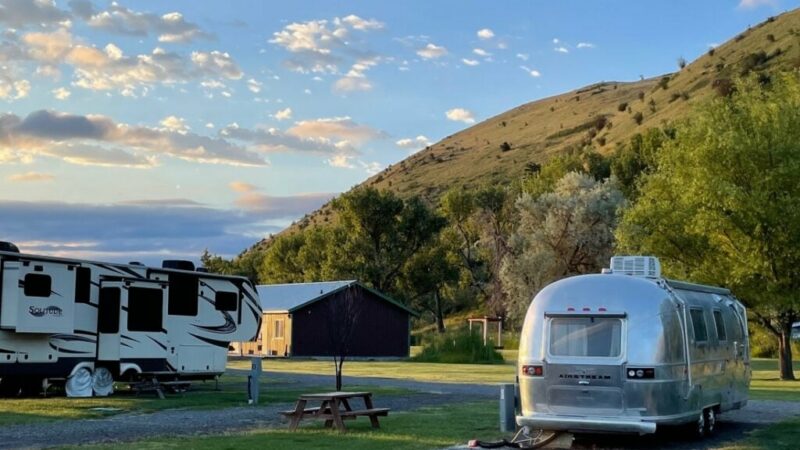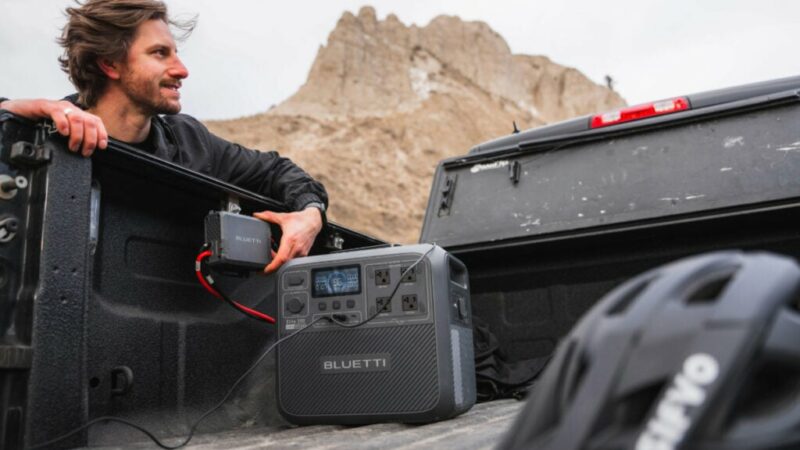Are You Required to Carry RV Insurance?
If you just bought an RV for the very first time, you likely have plenty of questions. You may wonder how to operate everything in the rig, or where to find the best campsites. Or even how to properly maintain your new trailer or motorhome. Another common question: Are you required to have RV insurance on a camper?
The answer to this is a little more complicated than you might imagine. There are a few different factors to consider. And, the answer will not be the same for all RVers. Lucky for you, we have all the information you need right here!
Let’s jump right in.

Loan Versus Cash Payment
The first step in determining whether or not you need RV insurance on your camper is taking a look at how you acquired your new home-on-wheels. Did you pay for the rig outright? If so, you may or may not be required to have insurance on the RV. We’ll come back to that in a bit.
The thing is, most people take out loans to buy their trailers and motorhomes. In these cases, lenders will definitely require that you have some sort of RV insurance coverage.
Some lenders are happy with a basic comprehensive policy, but the vast majority will ask that you include collision insurance. This ensures they aren’t left high and dry should an accident occur that results in a totaled RV. That’s why it makes perfect sense that they would require it.
Motorhome Versus Trailer
Let’s say you paid cash for your RV and there is no lender that requires RV insurance coverage. Do you have to have insurance on a camper in that case? Once again, the answer is a vague “maybe.”
The next question you must then ask yourself is, do you have a motorhome, a trailer, or a truck camper?
If your RV has a motor and can be driven without the help of a tow vehicle, then it is considered a motorhome.You are required by law to carry liability insurance. This same rule that applies to all other vehicles on the road to protect other drivers should you cause an accident. If you want protection for yourself, we recommend buying a full coverage policy, but legally this isn’t necessary.
Trailers, truck campers, and other types of non-motorized RVs are exempt from this law. These types of campers aren’t considered vehicles in and of themselves. Therefore, an accident caused by you when carrying a non-motorized camper would be covered by your liability insurance. That said, even if you have full coverage insurance on your tow vehicle, your trailer will not be covered should it be damaged in an accident caused by you. This is important to keep in mind when making decisions and whether or not to purchase RV insurance.
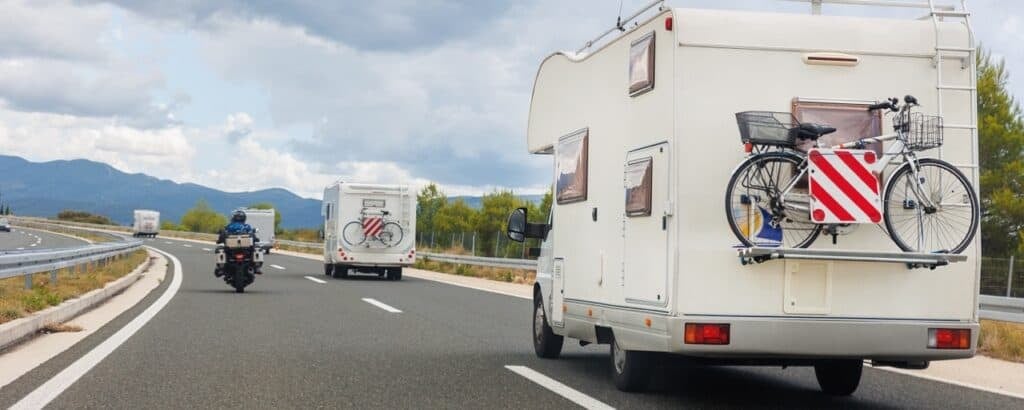
Where Will You be Headed?
The final thing you’ll need to consider is where you’ll be headed. You see, there are some RV parks out there that require all RV owners to carry RV insurance, no matter what kind of rig they own or the status of their loan.
If you plan to camp at one park often, it’s a good idea to find out what their policy is in terms of RV insurance. If you plan to purchase any sort of camping membership that offers access to a chain of campgrounds, finding out what those campgrounds require is also a good idea. However, those who will spend most of their time in state parks, national parks, or boondocking on federal lands shouldn’t have any issues and may not even need to consider this factor when making insurance decisions.
Our Thoughts
Honestly, even if you have a trailer that you own outright, and you won’t be heading to any campgrounds that require coverage, it’s still a good idea to purchase RV insurance. After all, travel trailers and fifth-wheels aren’t exactly cheap, and if something were to happen to your rig, replacing it out of pocket wouldn’t be fun. It may not even be possible, depending on the situation.
For this reason, we highly recommend carrying comprehensive and collision RV insurance. If you live in your RV full-time, a full-timer’s policy is an even better bet, and if it isn’t included already, make sure to insure your belongings and keep detailed records of your more expensive things.
Sure, nobody wants to add yet another bill to their usual lineup, especially when they’re already adding an RV payment to the mix. However, RV insurance is relatively inexpensive, and that extra layer of protection is sure to give you some peace of mind and might just come in really handy one day.
So, are you required to have RV insurance on a camper? Sometimes yes, you are required to have coverage. Other times, no, it isn’t a requirement.
But should you have insurance on your camper? Yes! You should always have full coverage to protect yourself and your assets.
The post Are You Required to Carry RV Insurance? appeared first on RV LIFE.
Source: https://rvlife.com/do-you-have-to-have-insurance-on-a-camper/


